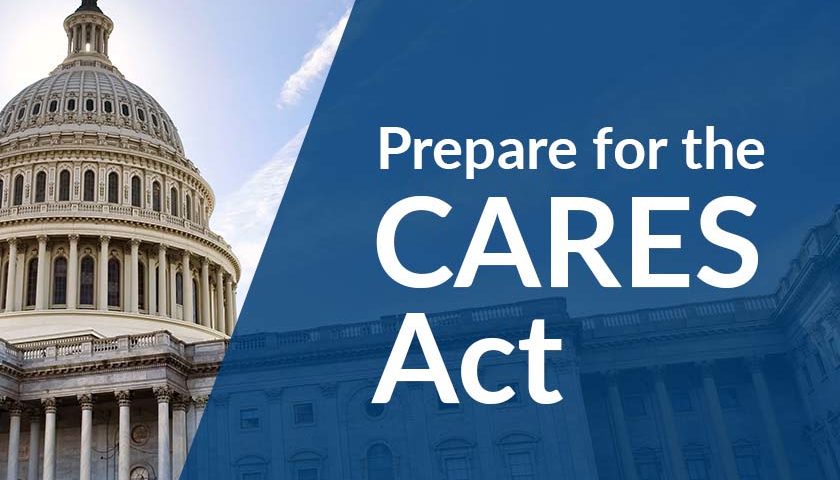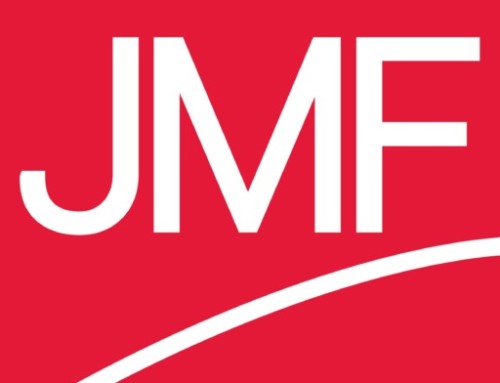The new Coronavirus Aid, Relief, and Economic Security (CARES) Act includes two key provisions providing relief to taxpayers with student loan debt. One provision applies to Direct Loans, Perkins Loans and Federal Family Education Loan (FFEL) obligations owned by the U.S. Department of Education; the other expands the benefits of a fringe benefit plan for employees.
Student loan relief: The annual deduction for student loan interest is limited to the first $2,500 of interest paid for qualified expenses like tuition and fees, room and board, books, supplies and equipment and other necessary expenses, subject to a phase-out. The loan proceeds may be used for your own education or schooling of your spouse or dependent as long as the student is enrolled at least part-time.
However, certain other rules apply. Notably, the deduction for student loan interest is phased out based on income levels.
Now the CARES Act provides the following benefits to debtors:
- Payments on Direct Loans, Perkins Loans and FFEL loans currently owned by the U.S. Department of Education are suspended from March 13, 2020 through September 30, 2020.
- No interest accrues while the loan payments are suspended.
- For credit reporting purposes, any payment suspended under the CARES Act is treated as if the borrower had made a regularly scheduled payment.
- Involuntary collection of defaulted Direct Loan, Perkins Loans and FFEL loans is suspended until September 30, 2020. Among others things, this covers non-judicial wage garnishments, tax offsets and seizure of Social Security benefits.
- If a borrower withdraws from school due to the COVID-19 pandemic, the Secretary of Education must cancel any Direct Loan associated with the payment period for which they withdrew.
Educational assistance programs: An employer is able to establish an educational assistance program (EAP) for employees. If certain requirements are met, the EAP may make annual payments of up to $5,250 for qualified expenses of a participating employee without any tax consequences.
Generally, qualified expenses include tuition, books, equipment, fees and supplies. The program may pay for graduate studies as well as courses leading to an undergraduate degree, but not for coursework involving sports, games or hobbies or the cost of lodging, meals or transportation.
The following requirements must be met to qualify for the tax exemption:
- The plan cannot discriminate in favor of “highly compensated employees” (HCEs).
- The plan cannot provide more than 5% of its benefits during the year to shareholders or owners who own more than 5% of the company even if they are not HCEs.
- The plan cannot allow employees to choose to receive cash or other benefits that must be included in taxable income.
- The employer must provide reasonable notice of the program to eligible employees.
Now the CARES Act expands this benefit to include student loan repayments on behalf of employees that are made after March 26, 2020 and before January 1, 2021. An employer may choose to amend its existing EAP to add this feature or create a stand-alone plan for student loan repayments.
Caveat: Time is running out on these opportunities, although Congress may extend the relief. Take this into consideration.







Leave A Comment
You must be logged in to post a comment.